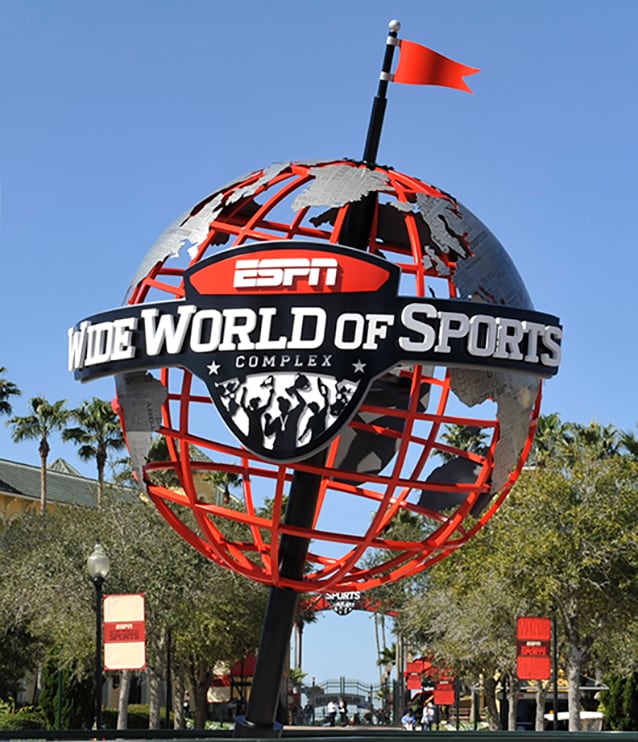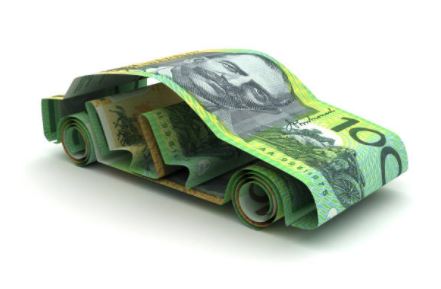As Lenin later noted, “Either the lice will defeat socialism, or socialism will defeat the lice”. The Soviet principle of health care was conceived by the People’s Commissariat for Health in 1918. Health care was to be controlled by the state and would be provided to its citizens free of charge, a revolutionary concept at the time. Article 42 of the 1977 Soviet Constitution gave all citizens the right to health protection and free access to any health institutions in the USSR. Before Leonid Brezhnev became general secretary, the Soviet healthcare system was held in high esteem by many foreign specialists. This changed, however, from Brezhnev’s accession and Mikhail Gorbachev’s tenure as leader, during which the health care system was heavily criticized for many basic faults, such as the quality of service and the unevenness in its provision.

- Modern revolutionary activity in the Russian Empire began with the 1825 Decembrist revolt.
- Graduates of these schools may have access to higher education based on their results on the final exam, but this is generally uncommon.
- If the parents did not agree, the child was automatically assigned the ethnicity of the father.
- The police commander called the Interior Minister, Fouad Serageddin, Nahas’s right-hand man, who was smoking cigars in his bath at the time, to ask if he should surrender or fight.
- The Warsaw Pact was created in reaction to the integration of West Germany into NATO.
Giving women control over their fertility also led to a precipitous decline in the birth rate, perceived as a threat to their country’s military power. By 1936, Stalin reversed most of the liberal laws, ushering in a pronatalist era that lasted for decades. The Cold War was a period of geopolitical tension between the United States and the Soviet Union and their respective allies, the Western Bloc and the Eastern Bloc, which began following World War II in 1945. The term cold war is used because there was no large-scale fighting directly between the two superpowers, but they each supported major regional conflicts known as proxy wars.
Why Was The 1968 Olympics So Importantbeach Bacteria Levels
This was exploited by the US to undermine the strength https://kanu-nrw-bezirk-8.de/ of the Soviet Union and thus foster its reform. In 1939, half a year after the Munich Agreement, the USSR attempted to form an anti-Nazi alliance with France and Britain. Adolf Hitler proposed a better deal, which would give the USSR control over much of Eastern Europe through the Molotov–Ribbentrop Pact. In September, Germany invaded Poland, and the USSR also invaded later that month, resulting in the partition of Poland. In response, Britain and France declared war on Germany, marking the beginning of World War II.
Stalin And Stalinism
However, due to inadequate maintenance, much of the road, water and Soviet civil aviation transport were outdated and technologically backward compared to the First World. In 1924, during the national delimitation in Central Asia, Uzbekistan and Turkmenistan were formed from parts of Russia’s Turkestan ASSR and two Soviet dependencies, the Khorezm and Bukharan SSRs. Karelia was split off from Russia as a Union Republic in March 1940 and was reabsorbed in 1956. The constitution, which was promulgated in 1924, 1936 and 1977, did not limit state power.
Two years later, Nazi Party leader Adolf Hitler became chancellor of Germany and quickly turned the nation’s fragile democracy into a one-party dictatorship that persecuted Jews, Roma , all political opponents, and others. The Nazi claim to control all aspects of German life also extended to sports. There were short-lived boycott efforts that surfaced in Great Britain, France, Sweden, Czechoslovakia, and the Netherlands. Additionally, German Socialists and Communists in exile voiced their opposition to the games through publications such as Arbeiter Illustrierte Zeitung .
Separation Of Power And Reform
The country’s roots lay in the October Revolution of 1917, when the Bolsheviks, under the leadership of Vladimir Lenin, overthrew the Russian Provisional Government that had earlier replaced the House of Romanov of the Russian Empire. The Bolshevik victory established the Russian Soviet Republic, the world’s first constitutionally guaranteed socialist state. By 1922 the Bolsheviks had emerged victorious, forming the Soviet Union with the unification of the Russian, Transcaucasian, Ukrainian, and Byelorussian republics. Upon the conclusion of the Civil War, Lenin’s government introduced the New Economic Policy, the partial return of a free market and private property.
Short Essay: The Nazi Olympics Of 1936
During Stalin’s rule, the Soviet culture was characterized by the rise and domination of the government-imposed style of socialist realism, with all other trends being severely repressed, with rare exceptions, such as Mikhail Bulgakov’s works. During the Soviet era, a significant number of ethnic Russians and Ukrainians migrated to other Soviet republics, and many of them settled there. According to the last census in 1989, the Russian “diaspora” in the Soviet republics had reached 25 million. The ethnicity of a person was chosen at the age of sixteen by the child’s parents. If the parents did not agree, the child was automatically assigned the ethnicity of the father.
